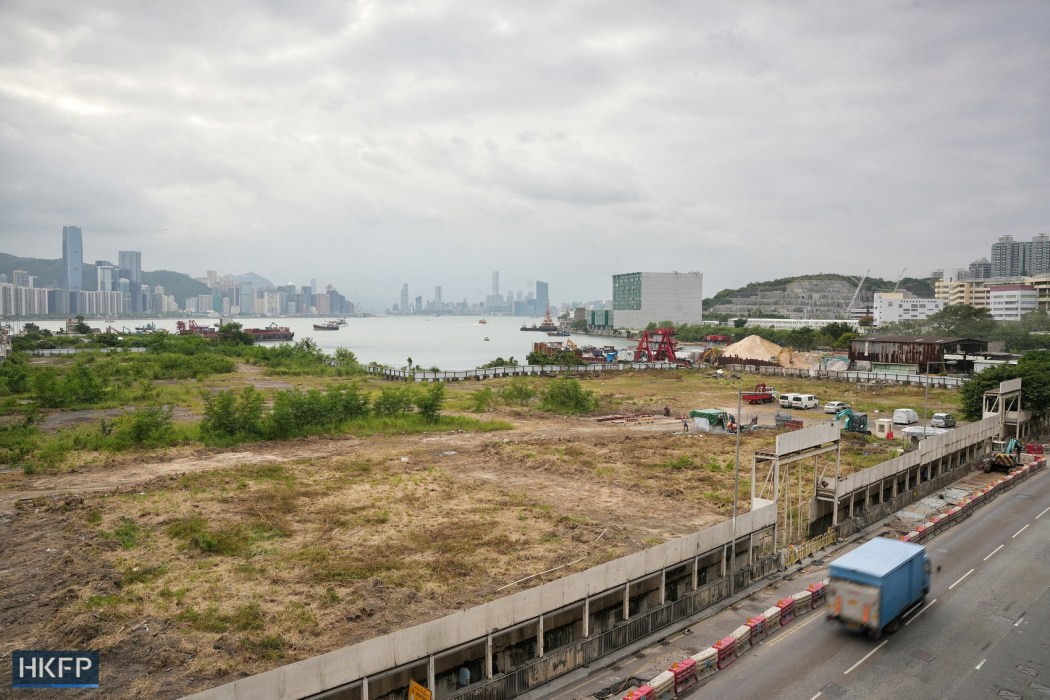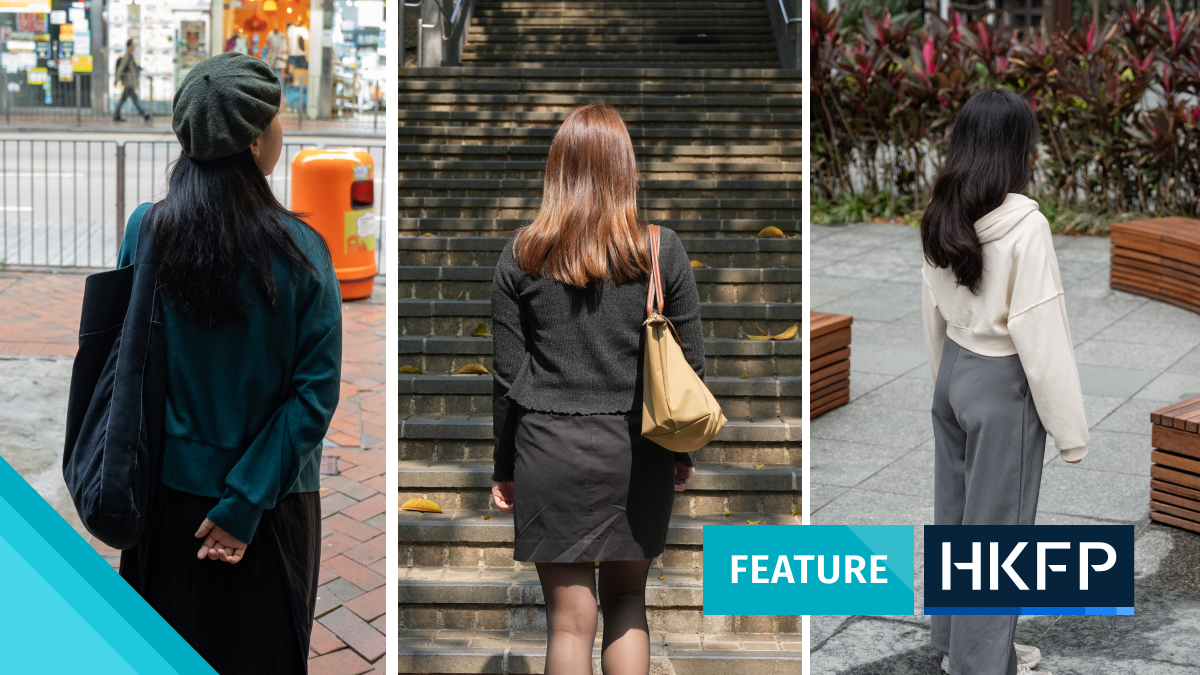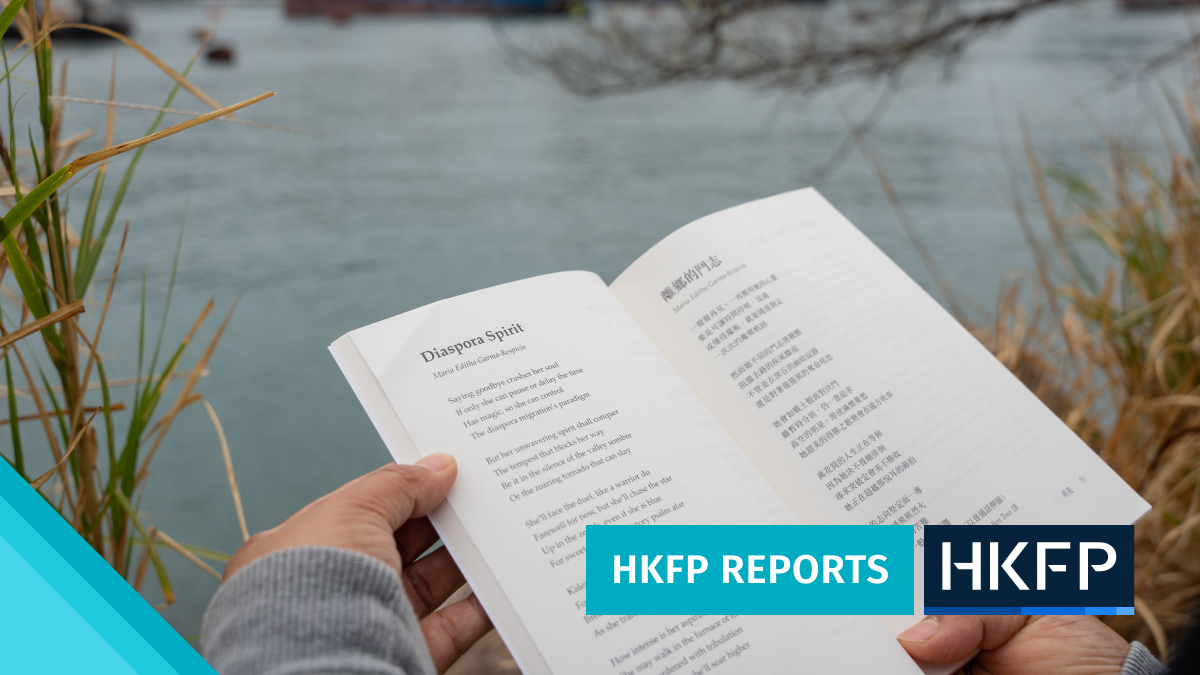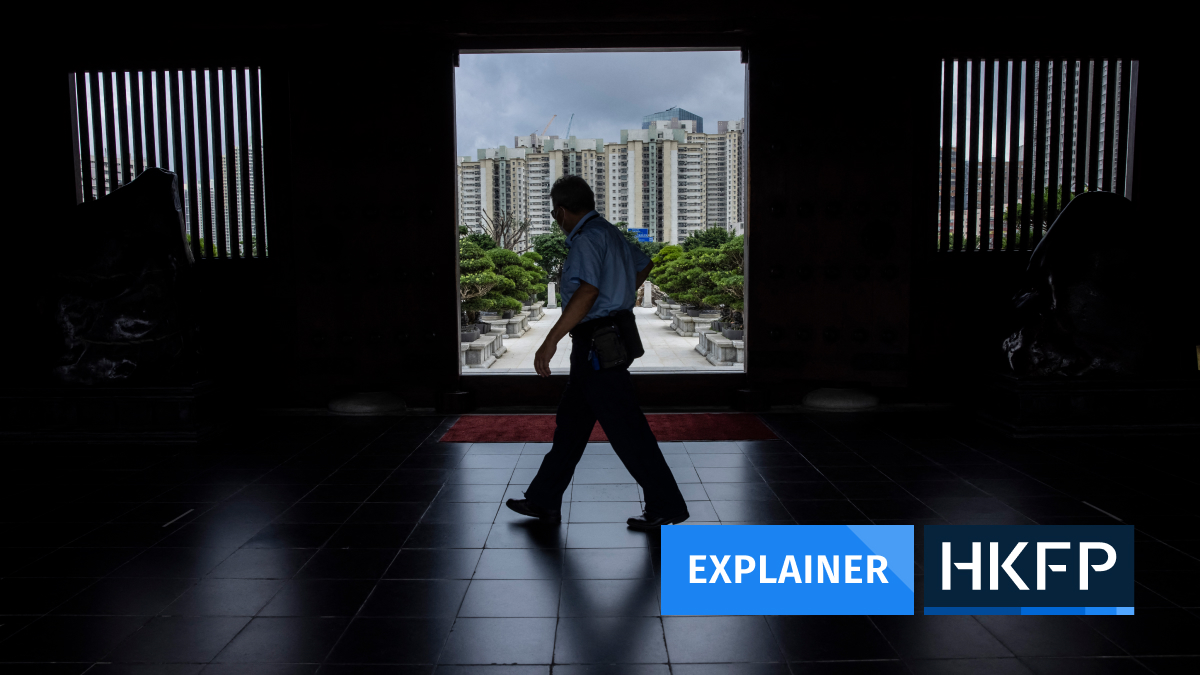Hong Kong’s finance chief Paul Chan will face some tough choices plugging a deficit expected to exceed HK$100 billion for the second consecutive year when he unveils his budget on Wednesday.

The 2023/24 shortfall is due to a slow post-pandemic recovery and reduced revenue from major income sources, Chan has said, pledging to balance the books by cutting expenses and boosting revenue.
Chan also faces pressure from major political parties and the real estate sector to scrap long-standing property cooling measures in an attempt to halt a sustained downward trend in the local housing market.
The city is also trying to counter a slump in the Hong Kong stock market and a faltering economic recovery in mainland China, which is hobbled by massive debts in its own property sector.
HKFP rounds up the deficit projections and the various proposals ahead of the budget delivery to the Legislative Council on Wednesday.
Widening deficit predictions
Last October, Chan warned that the deficit for the fiscal year ending this March 31 could again exceed HK$100 billion – double the HK$50 billion forecast in last year’s budget.
The city logged a deficit of HK$122 billion in 2022/23, according to government figures.

The finance chief pointed to an “unfavourable external economic environment,” citing a slower-than-expected recovery after all Covid-19 anti-epidemic measures were lifted. He added that income from land sales and stamp duty – two major revenue sources – also dwindled in 2023, while public expenses continued to climb.
As of last September, the government had recorded income of HK$28.5 billion from stamp duties, and HK$8.8 billion from land sales, according to a legislature document. It was widely estimated that both figures would fail to meet the expected HK$85 billion each by the end of the fiscal year.
Following Chan’s revised predictions, accounting firms PwC and KPMG estimated the overall deficit for 2023/24 at HK$110 billion and HK$130 billion respectively.

They predicted that the city’s financial reserves would be around HK$700 billion by late March this year, equivalent to around 11 months of government spending. That would be the lowest level since 2012, according to government figures.
Alice Leung, a Hong Kong-based partner at KPMG China, said last week the city’s finances were “still healthy” due to the relatively low level of debts.
The city’s GDP grew 3.2 per cent last year after contracting 3.7 per cent in 2022. A Bloomberg survey of economists predicts 2.7 per cent expansion this year.
Cutting costs, raising incomes
To reverse the budget deficit, Chan said the city must cut costs after spending has risen over the years on top of huge Covid-19 bills.
Public expenditure totalled over HK$660 billion in 2022/23, an 40 per cent increase since 2017. Covid-related spending since 2020 was more than HK$600 billion.
“Government expenditure must now enter a period of consolidation,” Chan wrote in a blog post last month.

He said government departments would cut expenses by one per cent in the 2024/25 financial year, and again the following year, and the civil service workforce would maintain a “zero-growth” model.
Chan also hinted that fees and charges for some public services would rise. “Income from certain services provided under the ‘user-pays’ principle has been falling far short of cost recovery. It is, perhaps, time for review,” he said, without giving further details.
But there was no urgency to raise taxes in a historically low-tax economy. “We need to maintain the advantages of our simple and low tax regime and bear in mind the burden on our residents,” Chan said.
Consumption vouchers unlikely
Despite pleas from various quarters, there are unlikely to be any further handouts to residents to stimulate the economy as there were over the past three years.
Chan said this month that in a consultation which began last December most people thought more consumption vouchers were unnecessary. The government must also consider whether it could afford such measures, he said.
Consumption vouchers or cash handouts ranging from HK$5,000 to HK$10,000 were given to residents for three consecutive years amid the Covid-19 outbreak.

Some lawmakers and NGOs have urged continued handouts to all Hongkongers and allowances to people living in poverty.
Bill Tang, a lawmaker from the pro-establishment Hong Kong Federation of Trade Unions, has proposed consumption vouchers valid just for weekends. He said this could encourage residents to spend in the city instead of travelling across the border to Shenzhen for shopping and dining out.
Separately, the Society for Community Organisation called for a HK$5,000 cash handout for people on social security or living below the poverty line. Sze Lai-shan, its deputy director, said such an approach would be more targeted in helping the poor and less of a burden on the coffers.
Property cooling measures
The most vociferous demand has been for Chan to scrap all property cooling stamp duties – known colloquially as “spicy measures” – after a partial easing last October failed to revive the ailing housing market.
Since 2010, authorities have imposed extra stamp duties to curb property speculation and prevent home prices from soaring.
But the housing market has slumped over the past three years. Property sales plunged from over 74,000 units in 2021 to 43,002 last year, according to the Land Registry. The government’s home price index dipped from 376.5 in July 2022 to 312.1 in December 2023.
The Democratic Alliance for the Betterment and Progress of Hong Kong, the city’s largest pro-Beijing party, listed a “complete scrapping of spicy measures” as its top priority in 10 policy suggestions to Chan.
Holden Chow, the party’s vice-chairperson, said the move would energise the real estate market and release the purchasing power of residents without causing home prices to soar.

Chief Executive John Lee announced a partial easing of the extra stamp duties during his second Policy Address last October. The period of the Special Stamp Duty – designed to combat home speculation – was shortened from 36 to 24 months, meaning that only those who sell their property within two years after purchase would have to pay the extra tax.
Stamp duties paid by second-home buyers and non-locals were also halved, down from a maximum 30 per cent to 15 per cent.
Following the policy address, property sales increased from 2,123 units in October to 3,477 units last month, but prices have continued to decline.
Type of Story: Explainer
Provides context or background, definition and detail on a specific topic.
Support HKFP | Policies & Ethics | Error/typo? | Contact Us | Newsletter | Transparency & Annual Report | Apps
Help safeguard press freedom & keep HKFP free for all readers by supporting our team

Original reporting on HKFP is backed by our monthly contributors.
Almost 1,000 HKFP Patrons made this coverage possible. Each contributes an average of HK$200/month to support our award-winning original reporting, keeping the city’s only independent English-language outlet free-to-access for all. Three reasons to join us:
- 🔎 Transparent & efficient: As a non-profit, we are externally audited each year, publishing our income/outgoings annually, as the city’s most transparent news outlet.
- 🔒 Accurate & accountable: Our reporting is governed by a strict Ethics Code. We are 100% independent, and not answerable to any tycoon, mainland owners or shareholders. Check out our latest Annual Report, and help support press freedom.
- 💰 It’s fast, secure & easy: We accept most payment methods – cancel anytime, and receive a free tote bag and pen if you contribute HK$150/month or more.
MORE Original Reporting
HKFP has an impartial stance, transparent funding, and balanced coverage guided by an Ethics Code and Corrections Policy.
Support press freedom & help us surpass 1,000 monthly Patrons: 100% independent, governed by an ethics code & not-for-profit.









